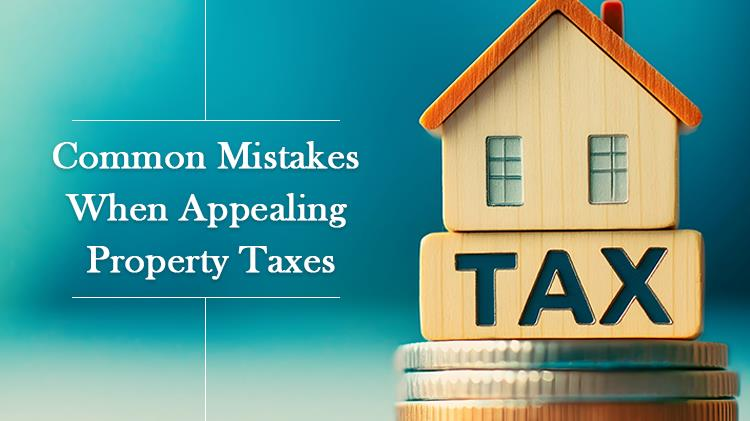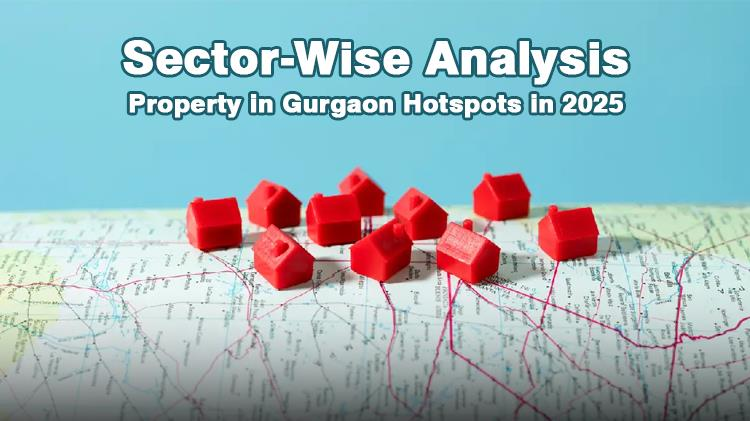
Appealing your property taxes can be a smart financial move if you believe your property has been over-assessed, but the process is fraught with pitfalls. Many property owners make avoidable mistakes that can derail their appeal, cost them money, or even result in the loss of their right to challenge the assessment for an entire year. This comprehensive guide explores common mistakes when applying property taxes, real-world experience to help you confidently navigate the system, and draws on expert insights.
Lack of Preparation
A successful property tax appeal requires thorough preparation. Many property owners underestimate the documentation and evidence needed to make a compelling case. Simply stating that your taxes are too high is not enough. Instead, you must provide clear, factual evidence that your property’s assessed value is inaccurate.
Key Preparation Steps Include
|
Gathering recent sales data for comparable properties. |
Documenting any physical issues with your property. |
|
Obtaining a professional appraisal, if possible. |
Reviewing your property record for errors in square footage, condition, or features. |
Failing to prepare adequately can lead to a weak case and a higher likelihood of denial.
Missing Deadlines
One of the property owners' most critical and common mistakes is missing the deadline to file an appeal. Property tax appeals are governed by strict deadlines, which vary by jurisdiction but are non-negotiable. If you fail to submit your appeal on time, you forfeit your right to challenge your assessment until the next cycle, which could mean paying more in taxes than necessary for a full year or longer. Deadlines can be as soon as 30 days after receiving your Notice of Appraised Value or as late as mid-May, depending on your location. Always verify the specific deadline for your area and set reminders well in advance to ensure you don’t miss this crucial date.
Focusing on the Wrong Arguments
Another frequent mistake is focusing on irrelevant factors during your appeal. Arguing that your taxes are too high or that your neighbor’s assessment is lower rarely succeeds. Each property is assessed based on its market data and characteristics. The appeals board is interested in whether the assessed value accurately reflects your property’s fair market value, not whether your tax bill feels excessive or unfair compared to others.
Effective Arguments Focus On
|
Demonstrating factual errors in the property record, like (wrong number of bedrooms, incorrect square footage, etc). |
|
Showing that your property’s assessed value is out of line with recent sales of similar properties. |
|
Providing evidence of significant physical or functional issues that reduce your property’s value. |
Avoid making emotional appeals or presenting irrelevant information, as this can dilute your case and reduce your chances of success.
Missing Appeal Hearings
After submitting your appeal, you may be required to attend a hearing. Failing to appear at a scheduled hearing can result in your appeal being dismissed outright, forcing you to wait until the next assessment cycle to try again. If you cannot attend in person, check if you can send a representative or request a rescheduled hearing.
Conclusion
Appealing your property taxes can be a worthwhile endeavor, but it requires careful attention to detail, thorough preparation, and an understanding of the process. By avoiding the common mistakes outlined above- missing deadlines, neglecting evidence, or more you can increase your chances of a successful appeal





3 Comments